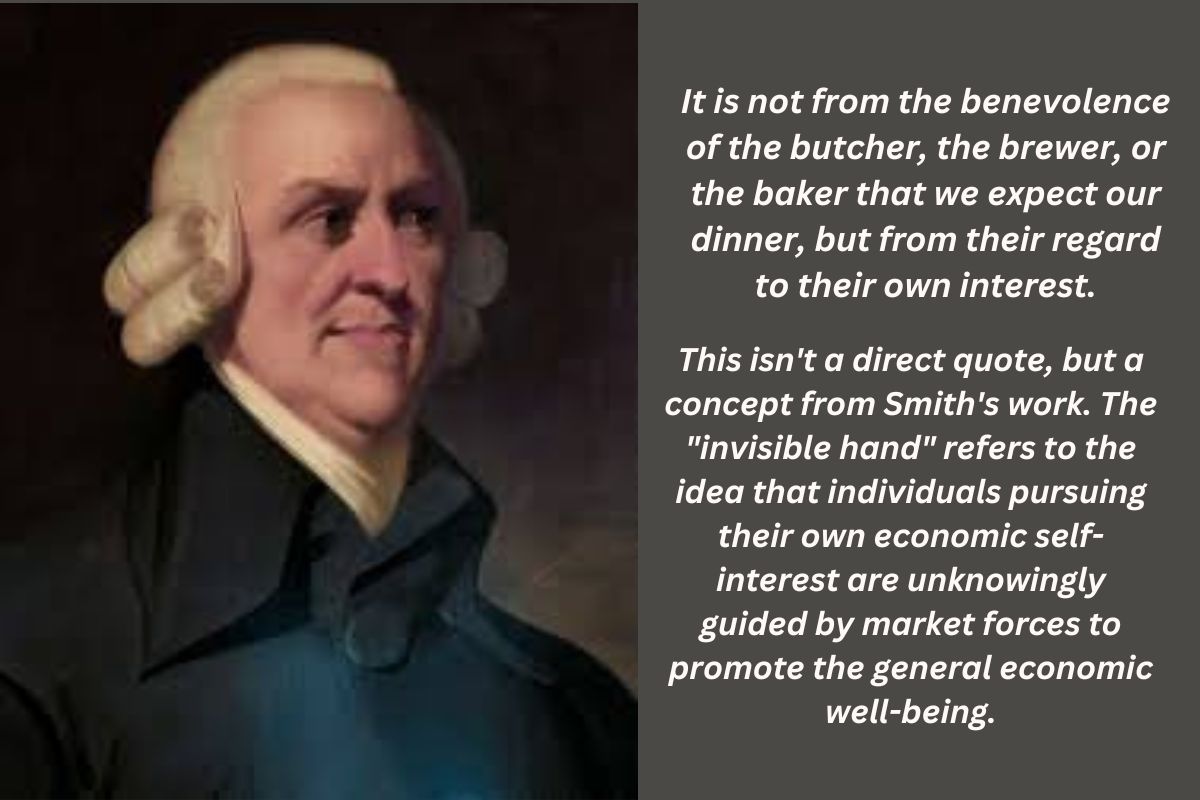Nikolai Lenin, a figure of paramount significance in the annals of history, continues to evoke both admiration and controversy. Born Vladimir Ilyich Ulyanov, his journey from a young revolutionary to the architect of the world’s first socialist state, the Soviet Union, is a saga of ideological fervor, political upheaval, and enduring impact. This article delves into the multifaceted legacy of Nikolai Lenin, dissecting his role as a revolutionary leader, his ideological contributions, and his enduring influence on global politics.
Early Life and Revolutionary Awakening for Nikolai Lenin
The tumultuous socio-political landscape of late 19th-century Russia shaped Nikolai Lenin’s formative years. Born into a middle-class family in Simbirsk in 1870, he was exposed to radical ideas from an early age, owing to his elder brother’s involvement in revolutionary circles. Lenin’s intellectual curiosity and voracious appetite for Marxist literature propelled him towards socialist ideals, setting the stage for his future extreme endeavors.
The Vanguard of Bolshevism
As Lenin matured, his sincere commitment to Marxist principles crystallized into a steadfast belief in the necessity of proletarian revolution. He emerged as a leading figure within the Russian Social Democratic Labour Party (RSDLP), advocating for a disciplined vanguard of professional revolutionaries to spearhead the overthrow of the bourgeoisie. Lenin’s unwavering dedication to revolutionary purity and organizational coherence distinguished him as the standard-bearer of Bolshevism, a faction within the RSDLP dedicated to militant action and uncompromising ideology.
The October Revolution and Seizing Power of Nikolai Lenin
With Lenin at the helm, the Bolsheviks boldly seized power from the Provisional Government during the October Revolution of 1917, establishing the apex of his revolutionary career. Lenin’s strategic insight and unyielding resolve were instrumental in orchestrating the swift and decisive overthrow of the bourgeois order, paving the way for the establishment of Soviet rule. His famous slogan, “Peace, Land, and Bread,” encapsulated the aspirations of the Russian masses and galvanized support for the Bolshevik cause.
Building the Soviet State of Nikolai Lenin’s Vision
Following the Bolshevik triumph, Lenin embarked on the arduous task of constructing a socialist state in the ruins of the old regime. His vision for a proletarian dictatorship, guided by the principles of centralized planning and collective ownership of the means of production, laid the groundwork for the Soviet experiment. Lenin’s policies, including War Communism and the New Economic Policy (NEP), reflected his pragmatism and willingness to adapt socialist theory to the difficulties of revolutionary struggle and economic reconstruction.
Leninism and A Revolutionary Doctrine
Lenin’s theoretical contributions to Marxist thought, encapsulated in his seminal works such as “What Is to Be Done?” and “State and Revolution,” form the cornerstone of Leninism. His doctrine centered around the vanguard party as a catalyst for the proletariat revolution and the establishment of a dictatorship of the proletariat. Leninist principles, including democratic centralism and the withering away of the state, continue to inform the praxis of socialist movements worldwide.
Global Impact and Controversies of Nikolai Lenin
The repercussions of Lenin’s revolution transcended the borders of Russia, inspiring revolutionary movements across the globe. From China to Cuba, his ideas exerted a profound influence on anti-colonial struggles and socialist experiments in the 20th century. However, Lenin’s legacy is not devoid of controversy, with critics decrying his authoritarianism, repression of dissent, and the eventual descent of the Soviet Union into totalitarianism under Stalin’s reign.
Historical Context and Revolutionary Zeal
Lenin’s genuine commitment to revolutionary ideals was forged amidst the backdrop of Russia’s tumultuous political landscape in the late 19th and early 20th centuries. The socio-economic inequities inherent in Tsarist autocracy fueled widespread discontent among the masses, providing fertile ground for the seeds of revolution to take root. Lenin’s early experiences as a student activist and his encounters with Marxist literature served to crystallize his revolutionary zeal, propelling him into the vanguard of the burgeoning socialist movement in Russia.
Intellectual Foundation and Marxist Principles
Central to Lenin’s revolutionary worldview was his unwavering adherence to the tenets of Marxism, which he viewed as the most potent tool for understanding and transforming the socio-economic realities of his time. Lenin’s intellectual development was characterized by a rigorous engagement with Marxist theory, coupled with a keen understanding of the concrete conditions of Russian society. His seminal works, such as “What Is to Be Done?” and “State and Revolution,” elucidated his interpretation of Marxist principles in the context of the Russian revolutionary struggle, laying the groundwork for the Bolsheviks’ revolutionary program.
Strategic Leadership and Revolutionary Vanguard
Lenin unequivocally led the Bolshevik faction of the Russian Social Democratic Labor Party and confidently emerged as the foremost strategist and tactician of the Russian Revolution. His leadership during the October Revolution of 1917 demonstrated a remarkable ability to navigate the complex dynamics of revolutionary struggle, orchestrating a decisive seizure of power that would forever alter the course of history. Lenin’s concept of the revolutionary vanguard, comprised of a dedicated cadre committed to the cause of proletarian revolution, was instrumental in guiding the Bolsheviks to victory amidst the chaos of revolution and civil war.
Conclusion
Nikolai Lenin stands as a towering figure in the pantheon of revolutionary leaders whose imprint on the course of history remains indelible. Whether revered as the champion of the oppressed or reviled as the harbinger of totalitarianism, his legacy continues to spark passionate debate and ideological contestation. As we navigate the complexities of the contemporary world, grappling with the legacies of socialism and the specter of capitalist exploitation, the enduring relevance of Lenin’s ideas serves as a poignant reminder of the perennial struggle for social justice and human emancipation.
Frequently Asked Questions (FAQs)
Who was Nikolai Lenin?
Nikolai Lenin, born Vladimir Ilyich Ulyanov, was a revolutionary leader and Marxist thinker who played a pivotal role in the Russian Revolution of 1917. He boldly led the Bolshevik faction of the Russian Social Democratic Labour Party and fearlessly assumed the role of the first head of the Soviet Union’s government.
What were Lenin’s main contributions to history?
Lenin’s leadership during the Bolshevik Revolution established the Soviet Union as the world’s first socialist state. He also developed and applied Marxist theory to the specific conditions of Russia, laying the groundwork for Leninism as a distinct ideological framework.
What is Leninism?
Leninism is a political and ideological theory developed by Nikolai Lenin. It strongly advocates for the necessity of a vanguard party to lead the working class in a revolutionary struggle. Additionally, it emphasizes the establishment of a dictatorship of the proletariat and the implementation of socialist policies to achieve a classless society.
What were Lenin’s views on imperialism?
Lenin’s theory of imperialism, outlined in his famous work “Imperialism, the Highest Stage of Capitalism,” posited that imperialism is the highest stage of capitalist development, characterized by the domination of monopolistic corporations and the division of the world among imperialist powers. He argued that imperialism leads to war and exploitation, exacerbating contradictions within capitalist societies and creating conditions ripe for proletarian revolution.
Did Nikolai Lenin advocate for violence?
Nikolai Lenin believed that revolutionary violence was a necessary tool for overthrowing capitalist oppression and establishing socialism. However, he also emphasized the importance of political education and organization in preparing the working class for revolutionary action. The concept of dictatorship of the proletariat, as per Lenin, unequivocally refers to the dominance of the working class in society. It is imperative to note that it is not synonymous with traditional dictatorship.
What is Lenin’s legacy today?
Lenin’s legacy continues to be a subject of debate and controversy, with interpretations varying widely depending on one’s ideological perspective. While some view him as a visionary leader who championed the cause of the oppressed and laid the groundwork for socialist transformation, others criticize him for his authoritarian tendencies and the negative consequences of his policies. Nonetheless, Lenin remains an influential figure in the history of socialism and a symbol of revolutionary struggle around the world.











